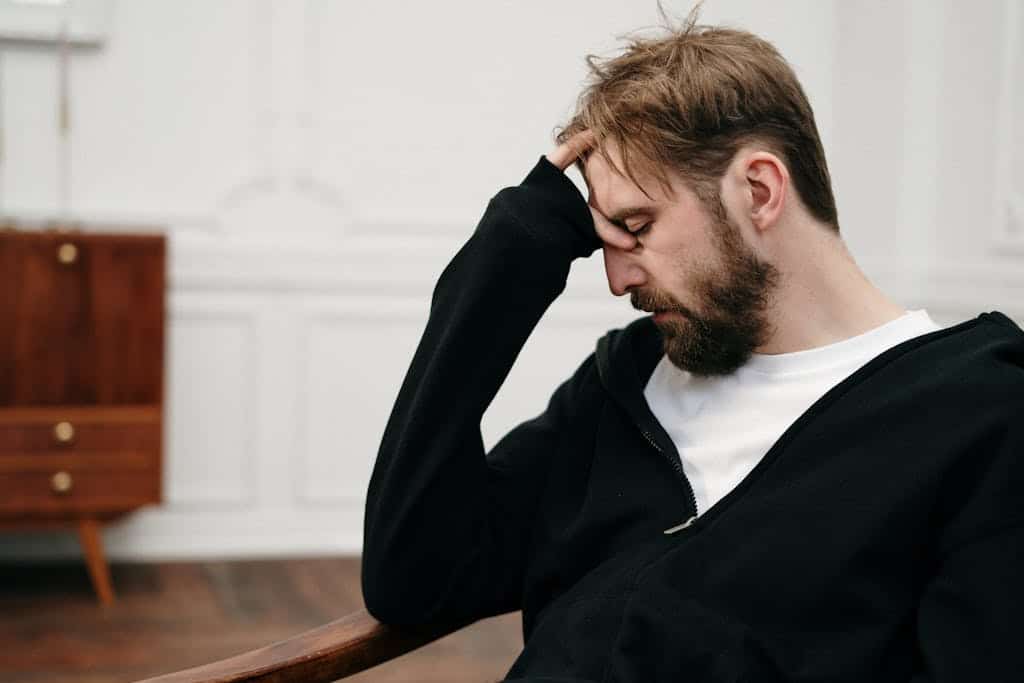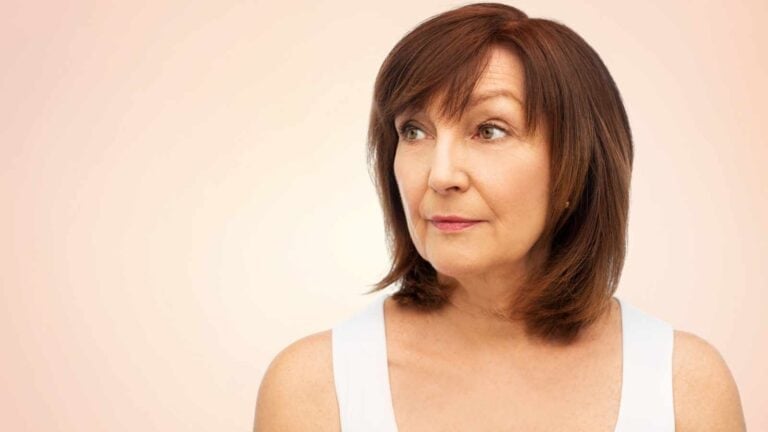Why good men are harder to find today
Let’s face it: dating in 2025 is nothing like it used to be.
If you’ve heard friends sigh, “Where have all the good men gone?” — you’re not alone. The idea that good men are harder to find isn’t just a tired cliché from romantic comedies. Recent research shows that social, cultural, and economic shifts are changing how men approach relationships and why many women feel the dating pool looks shallow.
In this article, we’ll break down what’s really happening. From changing ideas of masculinity to the way dating apps have reshaped attraction, you’ll see why the definition of a “good man” has evolved and why fewer men seem to fit the bill. Let’s dive into the evidence.
Changing Masculinity Norms And Emotional Availability

Think about it: in past generations, men were praised for being tough, stoic, and financially stable. Today, the picture looks different. Emotional intelligence, vulnerability, and effective communication are equally important. That’s a massive shift in expectations.
But here’s the problem. Many men are caught between the old rules and the new ones. A 2025 study in Current Research in Behavioral Sciences found that men who strongly follow traditional masculinity norms report higher loneliness and lower relationship quality. Because showing vulnerability is often taken as weakness, many men suppress emotional expression. That makes it hard for potential partners to see the “good” in them.
At the same time, Scientific American reported that men actually crave committed romantic relationships just as much as women — sometimes more. The issue isn’t desire, it’s readiness. Without the skills to express vulnerability, many men struggle to meet the new definition of “good” that today’s relationships demand.
Economic Instability And Underemployment
For many women, a “good man” means someone reliable — not necessarily rich, but stable enough to plan a future with. That’s where things get tricky.
In recent years, fewer men are moving smoothly into stable jobs or financial independence. Brookings notes that young men are less likely to graduate from college and more likely to be unemployed or underemployed compared to women. Without a steady footing, many men feel less confident about long-term commitment.
It’s not just about money. Economic stress also affects self-esteem and relationships. If men don’t feel secure in themselves, it becomes harder for them to be the supportive, reliable partners women are looking for.
Dating Apps And The Paradox of Choice
Scroll through a dating app, and it feels like there are endless men to choose from. But does more choice make it easier to find the right person? Research says no.
According to a 2025 survey reported by Forbes Health, 91% of men and 94% of women agree that dating has become more challenging in the current app-driven world. With so many profiles, people get overwhelmed — or swipe past “good” men because they don’t look exciting enough in a quick bio.
This is what psychologists call the “paradox of choice.” Too many options can actually make people less satisfied. In practice, it means the dependable guy who might make a great partner is often lost in the shuffle.
Rising Rates of Mental Health Struggles Among Men

Another factor often overlooked is mental health. Depression, anxiety, and substance abuse are rising among men, and these struggles directly affect how men show up in relationships.
Recent AAC data show that men are less likely than women to seek professional help for mental health, yet they have higher rates of substance misuse and suicide. The stigma around seeking support — tied to outdated masculinity norms — often leaves men trying to cope alone.
For women looking for stable, emotionally present partners, these silent struggles can make “good men” feel harder to find. It’s not that men don’t want healthy relationships. It’s that untreated mental health challenges can make it difficult for them to build or sustain them.
The Decline of Organic Social Spaces (“Third Places”)
Consider where people met before dating was an app on your phone: through friends, at work, in a neighborhood community group, or at a local hobby club. Sociologists refer to these as “third places”—spaces outside of home and work where communities are built. However, research from institutions like the American Enterprise Institute shows a sharp decline in participation in community groups, religious services, and local clubs, with the steepest drops occurring in recent decades and especially among younger adults.
Without these low-pressure, organic environments, the pressure to find a partner shifts almost entirely online. This makes it harder to see a man’s character over time. The kind, dependable man who isn’t great at writing a witty bio or taking flattering selfies gets lost. The decline of “third places” means fewer opportunities to encounter the “good men” who shine in person but may not stand out in a digital lineup.
Delayed Adulthood and The Maturity Gap
A key component of being a “good” partner is being a responsible adult, but the timeline for reaching adulthood has shifted. For a variety of reasons, including student debt and the high cost of living, men are reaching traditional milestones—like financial independence, homeownership, and career stability—later than ever before. The U.S. Census Bureau has noted a consistent trend of more young men living with their parents well into their late 20s and early 30s.
This isn’t just a financial issue; it creates a maturity gap. A woman who is ready to settle down and build a life may find that men her age are in a completely different life stage, one focused more on self-discovery than shared responsibility. This delay means that even a man with good intentions may simply not be ready for the level of partnership that women are seeking.
Rising Expectations In Relationships

Finally, let’s talk about women’s expectations. Decades ago, being a good man mostly meant providing financially and being loyal. Today, that list is much longer.
Modern partnerships often require sharing chores, co-managing household decisions, and contributing emotional labor. Surveys show that women expect not just financial stability but also empathy, mental presence, and equality at home. For men who were never taught these skills, the learning curve can feel steep.
That doesn’t mean expectations are unrealistic. It means the definition of “good” has expanded, and many men are still catching up.
Wrapping Up
So why does it feel harder to find good men today? The answer isn’t that they don’t exist. It’s that economic, cultural, and social shifts have reshaped what “good” means in a partner, and not every man is prepared for that shift.
The good news is that men and women alike benefit when expectations evolve. As more men develop emotional skills, adapt to new norms, and build stability in their own lives, the pool of “good men” will expand again. Until then, the gap between what’s desired and what’s available is exactly why so many people are asking the question.
The 15 Things Women Only Do With the Men They Love

The 15 Things Women Only Do With the Men They Love
Love is a complex, beautiful emotion that inspires profound behaviors. We express our love in various ways, some universal, while others are unique to each individual. Among these expressions, there are specific actions women often reserve for the men they deeply love.
This piece explores 15 unique gestures women make when they’re in love. From tiny, almost invisible actions to grand declarations, each tells a story of deep affection and unwavering commitment.






